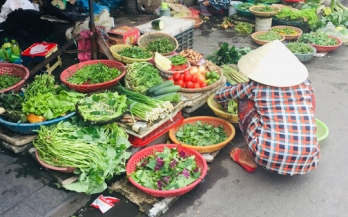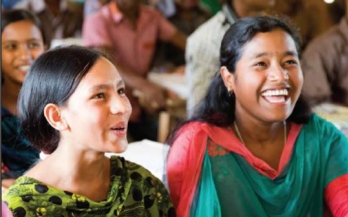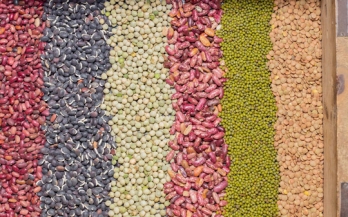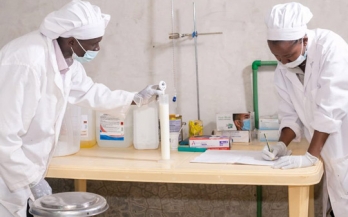This review describes recent food safety interventions focused on traditional market settings and consumers who buy food there. Data was extracted from 19 and 23 articles from Asian and African countries, respectively.
When funds are needed to support your organisation - either as an MSME or NGO - a clear, structured and effective approach is necessary. The goal of this guide is to help actors involved in securing funding to understand the process and to access tools that can be used during the different stages to secure funding.
This Guidance Document describes the various elements of quality management (QM) and quality control (QC) required in a laboratory setting. Many qualitative elements are required to analyse the various chemical parameters in food samples, particularly for micronutrient testing and for testing food safety and food quality substances.
Adolescence is defined as the period of 10-19 years. In 2017, almost one out of five Indonesians was an adolescent (44.93 million adolescents). Nutrition is one of the cornerstones for adolescent health. Adolescence is a life stage for physical growth and an opportunity for developing healthy dietary practices.
Bangladesh’s ambitions for middle-income status require the energy and creativity of the next generation. Investments in the nutrition of adolescents will enable this potential by realizing the demographic dividend.
This slide deck offers recommendations on the provisions of nutritious foods during the global COVID-19 pandemic and is part of a broader effort to develop an implementation support programme, supporting employers to implement Workforce Nutrition programmes.
With the Nutrition for Growth and United Nations Food Systems Summits scheduled in 2021, ambitious new multi-stakeholder commitments and actions are expected for better access to safe nutritious food. In 2019 the world was already off-track to achieve SDG2 - Zero Hunger - and the impact of the Covid-19 pandemic is expected to exacerbate this gap requiring stronger financing and actions for nutrition.
This paper summarises research conducted on the impacts of COVID-19 on LMICs’ food systems. It
reviews interventions implemented to support agri-food SMEs, including rapid responses to keep markets working, strategic recovery interventions to build back better, and systemic shifts to facilitate continuous learning and adaptation.
This document is an Addendum to the Global Options Paper, Weathering the Pandemic to Build Back Better: Options for Supporting SMEs in Low- and Middle-Income Countries. The Global Options Paper is a rapid review and analysis of the challenges facing agri-food SMEs.
This document is an Addendum to the Global Options Paper, Weathering the Pandemic to Build Back Better: Options for Supporting SMEs in Low- and Middle-Income Countries. The Global Options Paper is a rapid review and analysis of the challenges facing agri-food SMEs.










